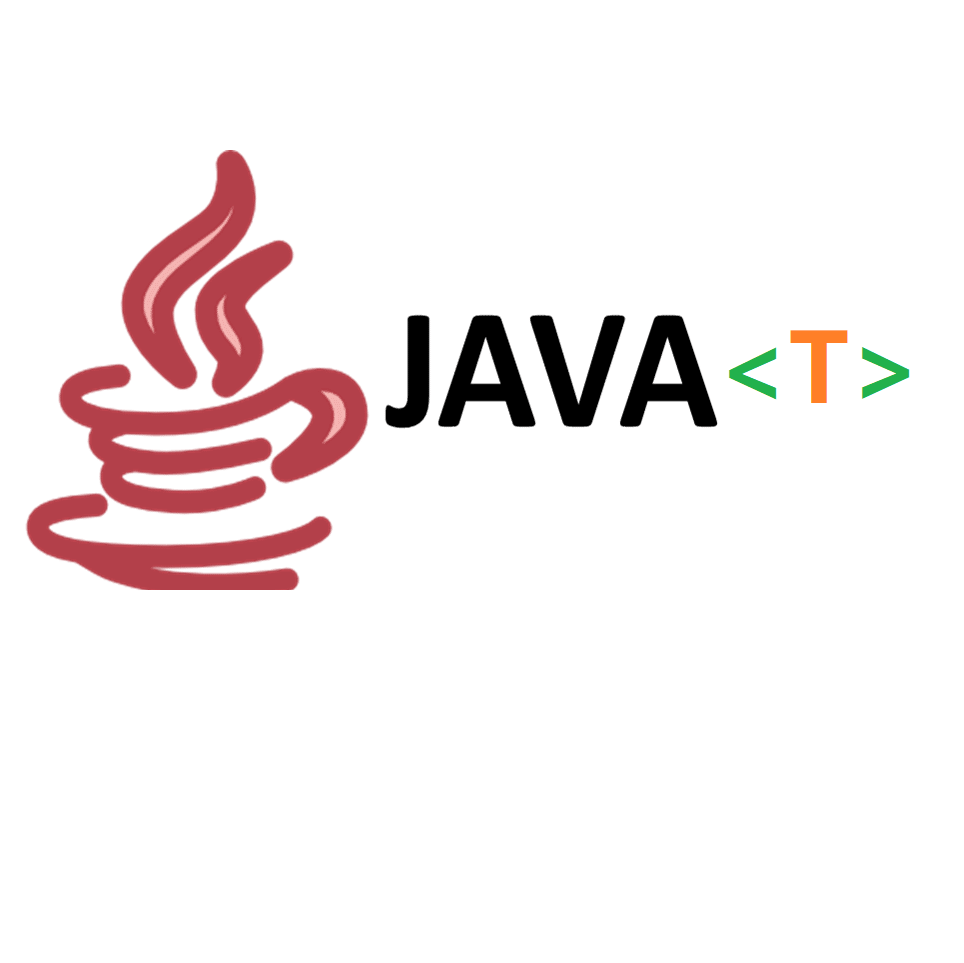
1. preface
Java 1.5 Generics are introduced to ensure type safety, prevent type conversion exceptions from occurring at run time, make types parameterized, and improve code readability and reuse rate. However, generics are not allowed in some cases. Today, I will summarize some scenarios where generics cannot be used in coding.
2. Basic types cannot use generics directly
The following writing is wrong:
// error
Map<int,char> wrong= new HashMap<>()Basic types cannot be used as generic types, and their corresponding wrapper classes need to be used.
// OK
Map<Integer,Character> wrong= new HashMap<>()3. Generic types cannot be directly instantiated
A generic type can be understood as an abstract type, but only represents the abstraction of the type, so we cannot directly instantiate it, and the following is also wrong:
public <E> E first(List<E> list){
// error
E e = new E();
return list.get(0);
}4. Generics cannot be used as static variable types
Java Static types in are instantiated as the class is loaded, and the specific type of the generic type is not declared at this time. At the same time, because static variables are shared variables for all objects, their type can only be determined when a class is instantiated or a method is called. If it is a generic type, its type cannot be determined. Similarly, generics declared on a class cannot appear as return value types in static methods of the class. The following is also wrong:
public class Generic<T>{
//cannot treat generic types declared by classes as static variables
public static T t;
//You cannot use generic types declared by a class as the return value of a static method
public static T rtval(List<T> list){
return list.get(0);
}
}5. Inability to make instanceof judgment
Java The generics in is pseudo-generics and will be erased during compilation time. There is no generics in the running bytecode, so the following judgment conditions cannot be made:
public static <E> void wrong(List<E> list) {
// error
if (list instanceof ArrayList<Integer>) {
}
}But generic unbounded wildcard characters
<?& gt;may be madeinstanceofJudgment, you think carefully why.
6. Unable to create an array of parameterized types
First of all, the following writing is correct:
// OK
List[] arrayOfLists = new List[2];But if generics are added, the compilation will not pass:
//error
List<Integer>[] arrayOfLists = new List<Integer>[2];Failure to do so will cause the following logical errors:
//If the above is true, the following should also be true
Object[] stringLists = new List<String>[];
//Then we can put in the string List
stringLists[0] = new ArrayList<String>();
//Put in Integer list
stringLists[1] = new ArrayList<Integer>();
//This is obviously unreasonable7. Throwable cannot be extended directly or indirectly
The following two ways of writing will cause compilation errors:
//Throwable cannot be indirectly extended
class IndirectException<T> extends Exception {}
//Throwable cannot be extended directly
class DirectException<T> extends Throwable {} If established, it will appear:
try {
// ...
} catch (T e) {
//The type is uncertain and cannot handle specific exception logic
}How can you handle exceptions specifically is obviously not convenient for precise exception handling logic. But you can throw an indeterminate exception, but you cannot use generics of class declarations in static methods either:
class Parser<T extends Exception> {
//This is right
public void okThrow(File file) throws T {
// ...
}
//Static methods cannot have generic types declared by the class as return values and exceptions
public static void wrongThrow(File file) throws T {
}
}8. Methods that sign the same parameter after generic erase cannot be overloaded
Due to generic erasure, the following are not considered overloading of methods and cannot be compiled:
public class NoReload {
public void sets(Set<String> strSet) { }
public void sets(Set<Integer> intSet) { }
}9. summary
Today summed up Java Although the IDE prompts will tell us some misunderstandings about the use of generics, these are also some knowledge points that we often ignore. If there are any deficiencies, please leave a message to correct them.






